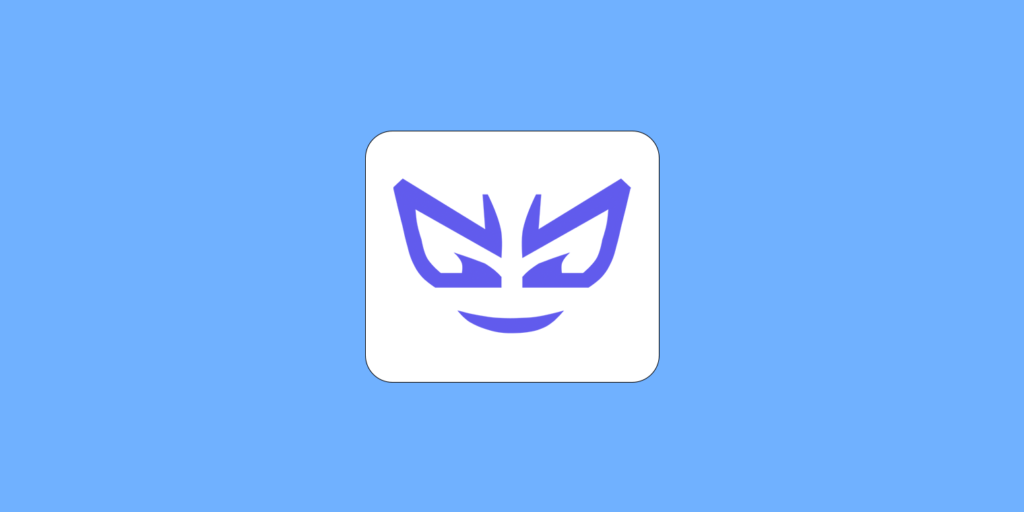
Video games have evolved significantly since their inception, becoming a global phenomenon with an estimated 2.7 billion gamers worldwide. With such a vast and diverse player base, competition in the gaming industry has never been fiercer. As a result, a thriving and somewhat clandestine industry has emerged: the video game cheating business. This article delves deep into the world of video game cheating, exploring the companies behind these cheats, the distinction between public and private cheats, market size, revenue generation, origin stories, and the instances where these companies have faced legal consequences.
Understanding the Video Game Cheating Landscape
Cheating in video games is not a new concept, but the rise of online multiplayer games and esports has given cheating a whole new dimension. Cheaters can gain an unfair advantage through various means, such as aimbots, wallhacks, or speed hacks, which manipulate the game’s mechanics. These cheats are created, distributed, and sold by individuals or companies, often operating on the fringes of legality.
Public Cheats vs. Private Cheats
- Public Cheats: Public cheats are readily available to anyone willing to download them, often free of charge. These cheats are usually developed by individuals or small groups of hackers and are distributed through online forums, websites, and social media platforms. Public cheats tend to be less sophisticated but are easier to access.
- Private Cheats: Private cheats, on the other hand, are premium and exclusive. These cheats are developed by professional teams and are sold to a limited clientele. They come with a price tag and are often subscription-based, providing a more tailored and undetectable cheating experience. Private cheats are harder to access and tend to be more advanced, making them difficult for game developers to combat.
The Market Size and Revenue of Cheating Companies
Determining the exact market size of the video game cheating industry is challenging due to its underground nature. However, various estimates suggest that this industry generates hundreds of millions of dollars in revenue annually.
Revenue streams for cheating companies typically come from:
- Subscription fees for private cheats
- One-time purchases for premium cheats
- Advertisements on websites and forums
- Affiliate programs with gaming hardware companies
- Selling cheat development kits to other hackers
Some well-established cheating companies have reported revenues in the tens of millions of dollars. The lure of big profits has attracted entrepreneurs, hackers, and developers to enter this thriving underground business.
Origins and Evolution of Cheating Companies
Many cheating companies have humble origins, often starting as small groups of hobbyist hackers. As demand for cheats grew, these groups transformed into professional enterprises, adopting business models reminiscent of legitimate software companies.
Some cheating companies even operate in regions where intellectual property laws are lax, making it difficult for game developers to take legal action against them. These companies may employ skilled developers, marketers, and customer support teams to maintain their illicit operations.
Notable Cases of Cheating Companies Facing Legal Consequences
While the video game cheating industry operates largely in the shadows, there have been instances where cheating companies faced legal repercussions. These cases typically involve allegations of copyright infringement, trademark violation, or breach of end-user license agreements (EULAs). Some high-profile cases include:
- Epic Games vs. Cheat Developer: In 2017, Epic Games, the developer of Fortnite, sued a cheat developer for creating and distributing cheats for their game. The cheat developer was ordered to pay a significant sum in damages.
- Valve Corporation vs. Cheat Distributors: In 2018, Valve, the company behind Steam, filed a lawsuit against several cheat distributors for trademark infringement, among other claims. Valve won the case, securing substantial monetary damages.
- Blizzard Entertainment vs. Bot Developers: Blizzard, the creator of World of Warcraft, has consistently taken legal action against bot and cheat developers over the years, resulting in multiple lawsuits and settlements.
Conclusion
The video game cheating business represents a shadowy underworld within the gaming industry, with companies and individuals profiting from creating and distributing cheats that disrupt the gaming experience for millions. The industry’s revenue, estimated in the hundreds of millions, underscores its significant impact on the gaming ecosystem. While legal actions have been taken against some cheating companies, the underground nature of this business ensures that it continues to thrive. As long as there are gamers seeking shortcuts to victory, the video game cheating industry will remain a persistent challenge for game developers and the broader gaming community.